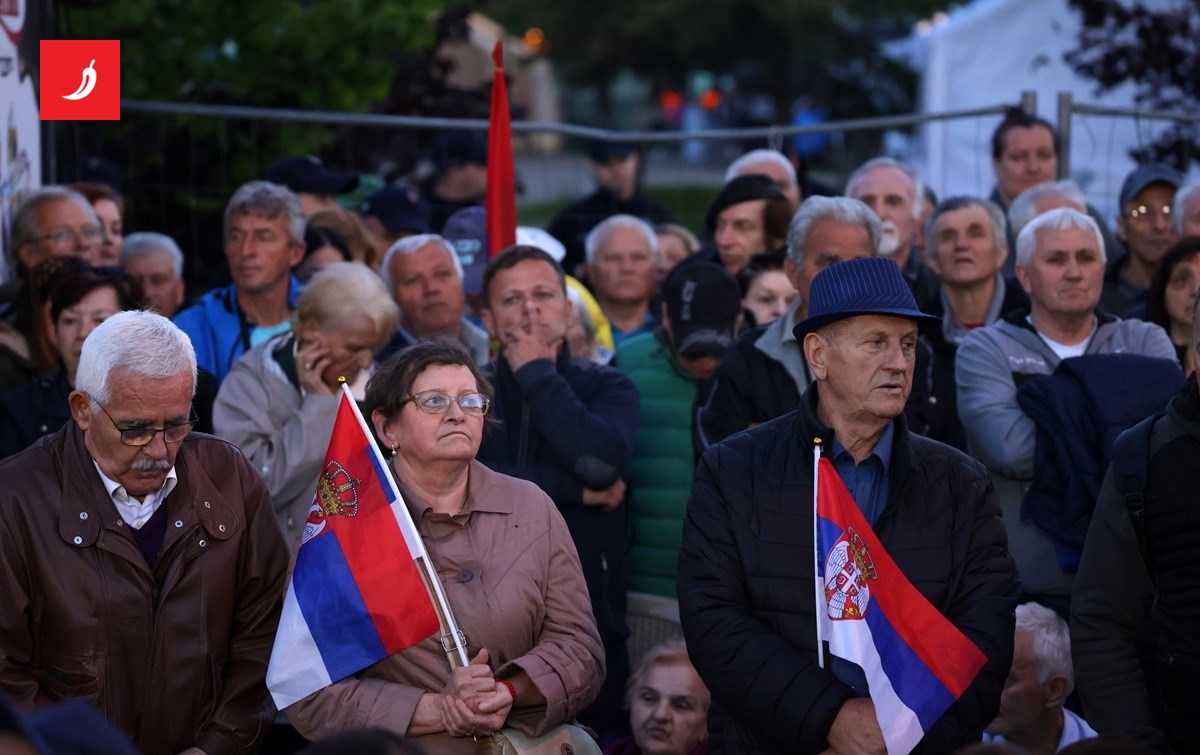Local elections in Serbia, held in the small municipalities of Kosjerić and Zaječar, represent the first electoral test of the current government’s rating following the social and political crisis triggered by the tragedy at the Novi Sad railway station on November 1 last year. These elections are significant as the first confrontation between the government and opposition forces after months of protests and student blockades that gained broad support from social groups. The campaign was marked by pressures, intimidation, and misuse of public resources, while the ruling party used President Aleksandar Vučić’s name on electoral lists despite him not being a candidate. The protests were sparked by demands for the establishment of the rule of law and accountability for the tragedy, while the government labeled the protests as a colored revolution and refused to call early elections, arguing it is not in the state’s interest.
Political Perspectives:
Left: Left-leaning outlets emphasize the social and political crisis following the Novi Sad tragedy, highlighting the protests and demands for rule of law and accountability. They focus on government repression, intimidation of opposition and activists, and misuse of public resources during the campaign. The narrative criticizes the ruling party’s authoritarian tendencies and the refusal to hold early elections.
Center: Centrist sources report the elections as a significant political event testing the government’s popularity after a tragic incident and subsequent protests. They present a balanced view of the tensions during the campaign, noting both the government’s efforts to maintain control and the opposition’s mobilization. The focus is on the electoral process and its implications for political stability.
Right: Right-leaning media tend to frame the protests as attempts to destabilize the government, often labeling them as ‘colored revolutions’ orchestrated by external forces. They emphasize the government’s legitimacy and the importance of maintaining order, portraying President Vučić and his party as defenders of national stability. The narrative downplays opposition claims and justifies the refusal to call early elections.








